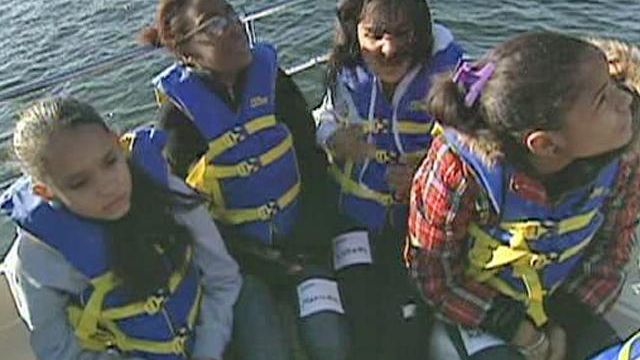Network keeps kids busy after school in hard-hit city
Project Education: Edutopia, a partnership between WRAL-TV and the George Lucas Educational Foundation, explores a program that keeps youth safe and engaged after school in Providence, R.I.
Providence residents saw an special need for middle schoolers, who are too old for child care but too young to be left alone, in a city with the nation's third highest child poverty rate.
"We're not a city where lots of parents have the resources to go hire a teacher for a violin lesson or go hire a tutor for something special," Mayor David Cicilline said. "So if it doesn't happen in a system that we built for them, it won't happen."
Local education leaders and the city banded together in 2004 to found the Providence Afterschool Alliance, or PASA. It's a network of more than 200 organizations that provide high-quality, after-school programs for middle schoolers.
"We divided the city into AfterZones, and what they do is connect the middle school and a public library and a rec center and create really a campus of activities for kids," Cicilline said.
PASA's key to success is being considered cool by urban middle schoolers. It offers activities that most schools don't: a martial arts class, animal care, scientific experiments, musical instruction and the arts.
"Kids just really connect when they see a hands-on leader really electrified by what their passion is and transferring that knowledge and skill over to them," PASA Executive Director Hillary Salmons said.
The program is having success; attendance at school sites is up, and children are choosing the AfterZones over the streets.
PASA is also dedicated to helping other communities implement their own after-school networks.
"It's really about seeing the potential to make connections, seeing assets in your community everywhere and having sort of a can-do spirit that there's never enough we can do for kids," Salmons said.











